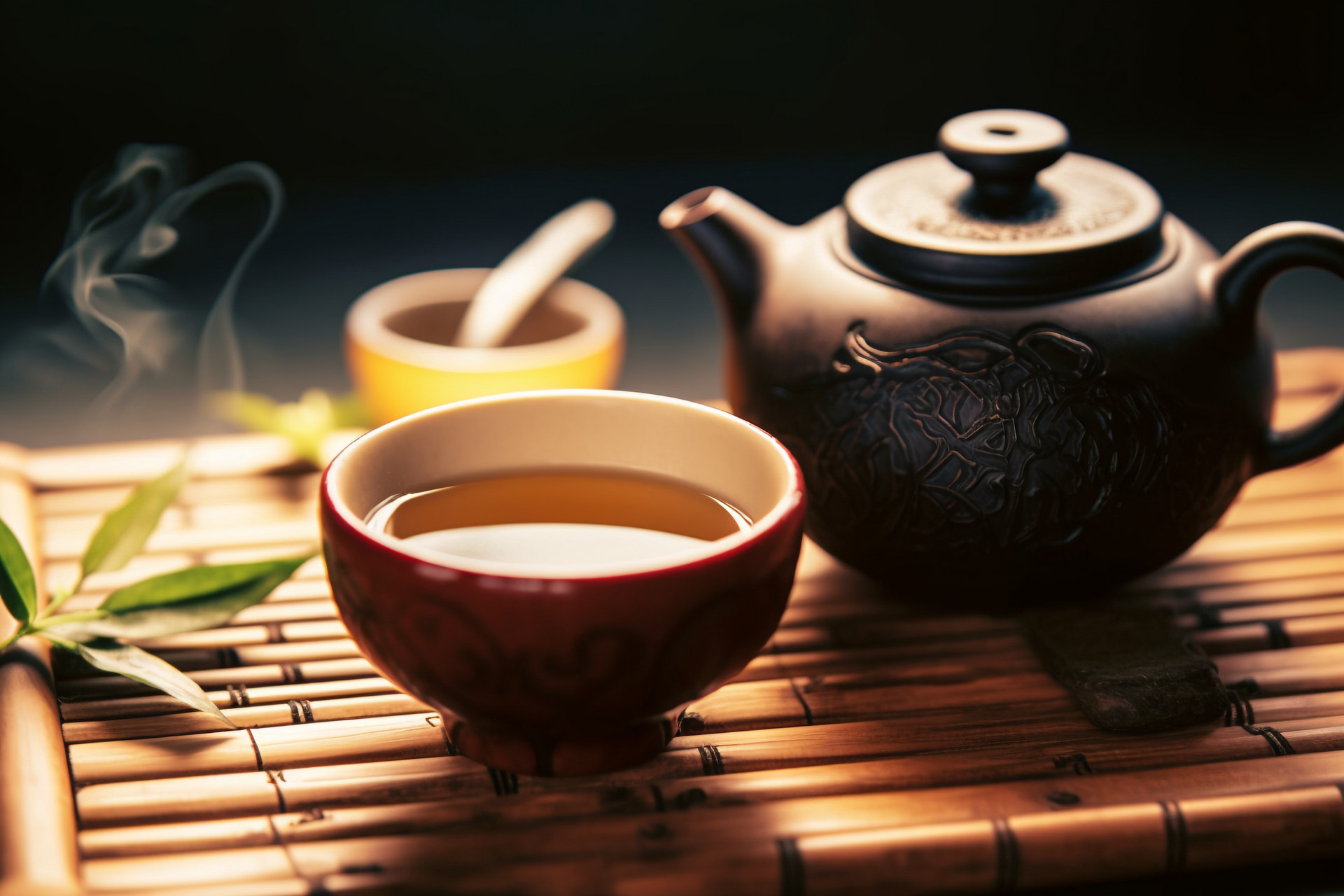Tea is a traditional drink that has been passed down from ancient times in China. It is not only a beverage, but also a culture. The simplest way to enjoy tea is to boil water and add tea leaves to quench your thirst. However, many tea lovers are not aware that there are certain taboos when it comes to drinking tea. The following types of tea not only lack health benefits, but also have negative effects on the body's health.
1. These Types of Tea Should Not Be Consumed
1. Strong Tea
Strong tea contains a large amount of caffeine and theophylline, which can be highly stimulating to the stomach. Drinking strong tea can cause discomfort such as insomnia and headaches, and some people may even feel nauseous. Drinking strong tea for a long time can also weaken bones.
Scientists in the United States have found that people who drink 5 cups of strong tea a day have a 70% higher risk of hip fracture compared to those who do not drink strong tea. Those who drink more than 7 cups of strong tea a day have a relative risk of over 80%.
2. Overnight Tea
Tea that has been left overnight may become a breeding ground for bacteria and mold due to the presence of trace amounts of amino acids and sugars. Furthermore, the nutrients in tea, such as tea polyphenols and vitamins, can undergo oxidation over time, leading to a decrease in antioxidant content and a significant reduction in nutritional value and health benefits.
3. Over-Brewed Tea
Leaving tea to brew for too long can result in oxidation of tea polyphenols, lipids, and aromatic substances. This leads to a darker color, poor taste, and loss of flavor, significantly reducing the nutritional value of the tea. Additionally, the tea is more likely to be contaminated by microorganisms (bacteria and yeasts) due to prolonged exposure to the environment, making it unhygienic.
4. Hot Tea
Tea is usually brewed with hot water, but it should not be consumed when the water is too hot. Drinking excessively hot tea can cause strong irritation to the throat, esophagus, and stomach. Long-term consumption of hot tea may lead to diseases in these organs. According to research conducted abroad, people who frequently drink tea at temperatures above 62°C are more prone to damage to the gastric wall and are more likely to develop stomach problems. The ideal temperature for drinking tea is below 56°C.
2. Proper Methods for Drinking Tea
Generally, green tea is suitable for drinking in spring and summer as it can refresh and cool the body. Red tea and black tea are more suitable for autumn and winter as they can warm the body. For regular black, green, and herbal teas, brewing them up to 3 times is recommended. Oolong tea, on the other hand, can be brewed multiple times due to its large leaf size and coarse texture.
Teabags are usually suitable for single-use brewing. It is not advisable to brew tea all day long, as harmful substances that are not easily soluble may gradually seep out from the tea leaves, which can be harmful to the body.
Drinking tea on an empty stomach is not recommended as tea is alkaline and can dilute gastric juice, leading to a decrease in digestive function. This can result in a higher absorption rate of harmful substances from the tea into the bloodstream, causing symptoms such as dizziness, palpitations, and weakness in the limbs.
Due to the stimulating effects of tea, it is advisable not to drink tea 2-3 hours before bedtime.
3. Recommended Homemade Health Teas
1. Corn Silk Tea
Ingredients: 10g of corn silk
Preparation: Boil the corn silk in water and set aside. Heat it up before drinking.
Benefits: Corn silk tea can promote diuresis and eliminate dampness from the body, making it highly effective for weight loss. Corn silk tea has a pleasant taste and is economical, making it suitable as a health tea for the whole family. It can also help reduce blood lipids, blood pressure, and blood sugar levels in patients with hyperlipidemia, hypertension, and diabetes.
2. Longan Red Date Tea
Ingredients: 100g of red dates, 50g of longan
Preparation: Boil all the ingredients in 1000g of water, simmer for 10 minutes.
Benefits: Longan has the function of nourishing the heart and calming the mind, and nourishing yin and blood. It is suitable for women who are weak and prone to illness, have palpitations and insomnia, and have dull complexions.
3. Rose Pu-erh Tea
Ingredients: 15g of rose petals, 3g of Pu-erh tea, honey (to taste)
Preparation: Put the Pu-erh tea in a cup or bowl, pour in hot water, discard the first infusion, add rose petals for the second infusion, let it cool slightly, and add honey to taste.
Benefits: Brewing rose petals and Pu-erh tea together creates a fragrant and pleasant drink that can relieve chest tightness and irritability, and has a good effect on relieving tension and depression.



![[The Risks of Eating Hawthorn During Pregnancy]](https://tcmmaintenance.com/uploads/20240715/97742b67f97f94c495ae1389337c5c41.jpg)








